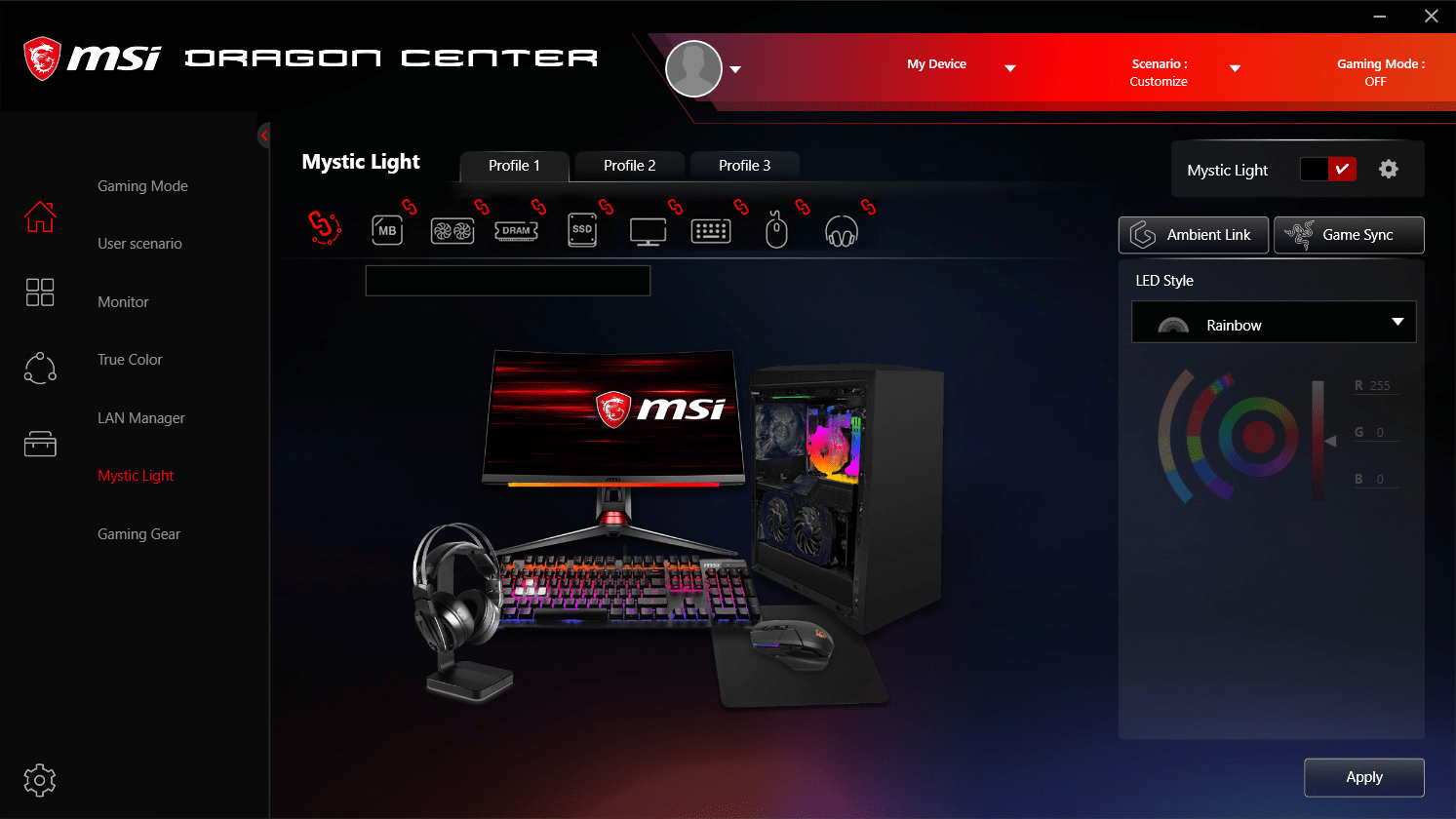
One of thoseĬhecks confirms that the modulus ('p' parameter) is not too large. The function DH_check() performs various checks on DH parameters. The OpenSSL 3.0 and 3.1 FIPS providers are not affected by this issue. The OpenSSL SSL/TLS implementation is not affected by this issue. The other functions affected by this are DH_check_ex() andĪlso vulnerable are the OpenSSL dhparam and pkeyparam command line applications The function DH_check() is itself called by a number of other OpenSSL functions.Īn application calling any of those other functions may similarly be affected. Unnecessary to perform these checks if q is larger than p.Īn application that calls DH_check() and supplies a key or parameters obtainedįrom an untrusted source could be vulnerable to a Denial of Service attack. If present, cannot be larger than the modulus p parameter, thus it is After fixingĬVE-2023-3446 it was discovered that a large q parameter value can also triggerĪn overly long computation during some of these checks. Where the key or parameters that are being checked have been obtainedįrom an untrusted source this may lead to a Denial of Service. Or EVP_PKEY_param_check() to check a DH key or DH parameters may experience longĭelays. Impact summary: Applications that use the functions DH_check(), DH_check_ex() Issue summary: Checking excessively long DH keys or parameters may be very slow. gRPC’s metadata overflow check was performed per frame, so that the following sequence of frames could cause infinite buffering: HEADERS: containing a: 1 CONTINUATION: containing a: 2 CONTINUATION: containing a: 3 etc… gRPC’s hpack parser needed to read all of them before concluding a parse.

HPACK varints have an encoding quirk whereby an infinite number of 0’s can be added at the start of an integer. The header size limit check was behind the string reading code, so we needed to first buffer up to a 4 gigabyte string before rejecting it as longer than 8 or 16kb.

The unbounded CPU consumption is down to a copy that occurred per-input-block in the parser, and because that could be unbounded due to the memory copy bug we end up with an O(n^2) parsing loop, with n selected by the client.

Unbounded CPU consumption in the HPACK parser Unbounded memory buffering in the HPACK parser GRPC contains a vulnerability that allows hpack table accounting errors could lead to unwanted disconnects between clients and servers in exceptional cases/ Three vectors were found that allow the following DOS attacks: Users of Ivy prior to version 2.5.2 can use Java system properties to restrict processing of external DTDs, see the section about "JAXP Properties for External Access restrictions" inside Oracle's "Java API for XML Processing (JAXP) Security Guide". Access can be be made more lenient via newly introduced system properties where needed. Starting with Ivy 2.5.2 DTD processing is disabled by default except when parsing Maven POMs where the default is to allow DTD processing but only to include a DTD snippet shipping with Ivy that is needed to deal with existing Maven POMs that are not valid XML files but are nevertheless accepted by Maven.

This can be used to exfiltrate data, access resources only the machine running Ivy has access to or disturb the execution of Ivy in different ways. When Apache Ivy prior to 2.5.2 parses XML files - either its own configuration, Ivy files or Apache Maven POMs - it will allow downloading external document type definitions and expand any entity references contained therein when used.
#Msi quotcommand center lite software#
Improper Restriction of XML External Entity Reference, XML Injection (aka Blind XPath Injection) vulnerability in Apache Software Foundation Apache Ivy.This issue affects any version of Apache Ivy prior to 2.5.2.


 0 kommentar(er)
0 kommentar(er)
